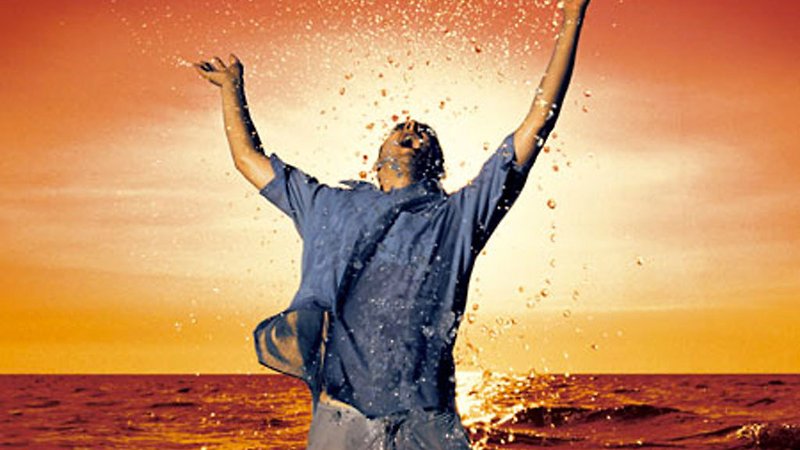
Screened as part of NZIFF 2002
Family 2001
In a world full of home movies, Family is a stunning example of how a filmmaker’s personal experience can illuminate universal themes. It’s also a very handsomely produced ‘home movie’. The filmmaker in question, 28-year-old Sami Saif is bowed but not broken by a traumatic legacy of desertion: his father, a Yemenite pilot vanished into the blue when he was very young; his mother died an alcoholic; and his adored older brother Thomas committed suicide. Sami’s so far from having dealt with his brother’s death that he’s still telling people who ask after Thomas that he’s doing just fine. Family is a record of Sami’s search for the one blood relative who may yet be recoverable, his long-lost father.
The film, which preserves an amazing degree of real-life tension, takes Sami from suburban Denmark to Yemen to find a host of closely related total strangers, abandoned by the same incredible disappearing man. (Aficionados of Yemenite pop music are in for a treat!) Goading the faltering filmmaker into action (and drawing out his charm), girlfriend, co-director and camera operator Phie Ambo-Nielson is no Oprah. Family is refreshingly transparent about its role in their shared filmmaking ambitions. Recounted with great narrative flair and a lively, poetic sense of telling detail, Family is a surprisingly pleasurable experience – an eloquent testimonial to masculine tenderness and the male need for male kinship. — BG
Sami and I fire the starting pistol that starts the drama in motion and then we push it on its way. But the rest isn’t anything you can plan, and I don’t think any writer could have written this story. It’s almost too way out… But things like that happen in documentaries. Earlier in our relationship I asked Sami loads of questions about his relatives and he replied in words of one syllable. So if Sami’s project was finding his father, my project was finding Sami. But we were also aware that if the protagonist was always in control, audiences would hardly feel engaged. My job was to support Sami when he needed it, but also to push him into situations where he would lose control. — Phie Ambo-Nielson
I needed the film to give me the courage to look for my father… Or I still wouldn’t have started. It also helped me having a practical framework – a film – that forced me to continue when I mostly wanted to run away screaming. — Sami Saif